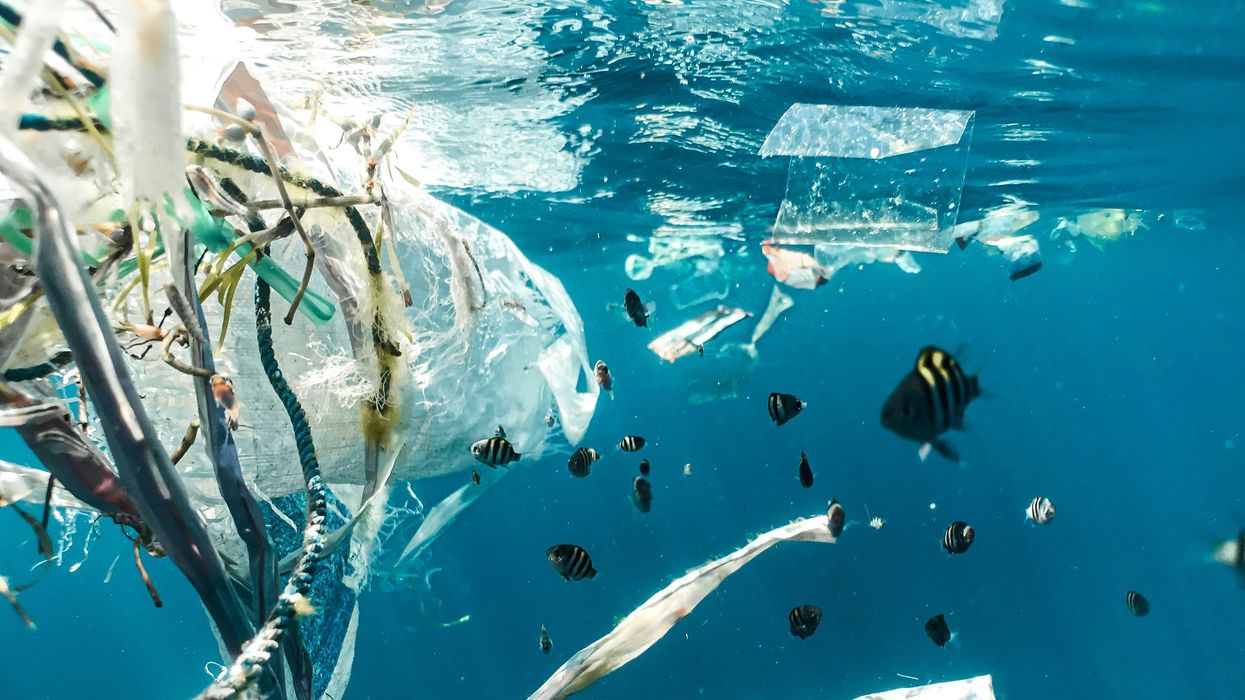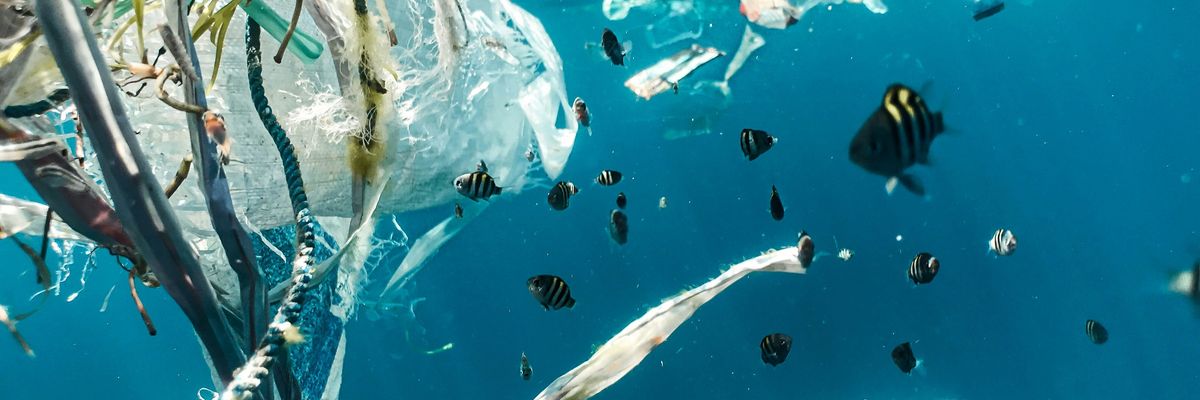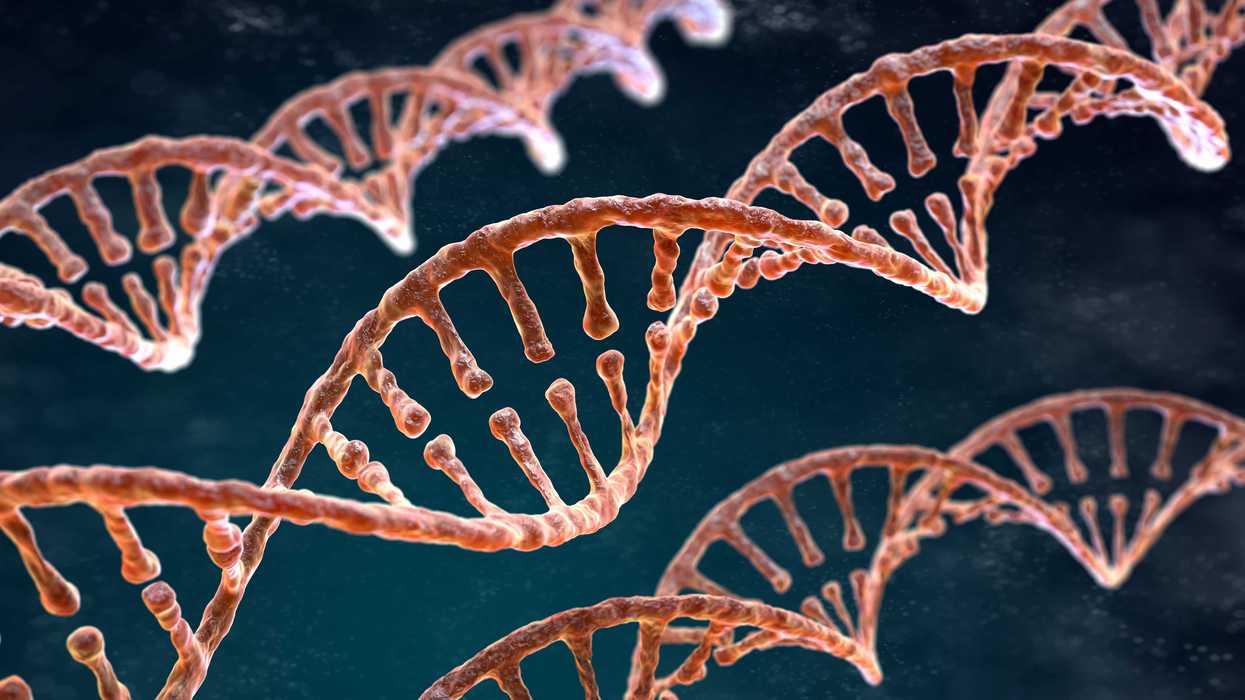A recent study published in Frontiers in Toxicology compared the health impacts of exposure to different types of micro- and nanoplastics (MNPs) in fish, highlighting the importance of considering particle shape, size and weathering when studying MNP toxicity.
In short:
- Overall, smaller particles (including those from bio-based plastic) and weathered fibers had the greatest impact on behavior, including an increase in behaviors linked to anxiety.
- Exposure to MNPs from tires, polyester, and bio-based single-use items also impacted gene expression, particularly along pathways related to muscle function.
- Microfibers caused the most differences in gene expression and also decreased fish growth.
Key quote:
“It is concerning that weathered microfibers (which produce nanoparticles), nano-sized tire particles, and nano-sized polylactic acid particles from bio-based single-use products all elicited similar responses in gene expression related to muscle function."
- Study author Dr. Susanne M. Brander, via direct correspondence with EHN
Why this matters:
Once it enters the environment, plastic pollution breaks down into smaller particles over time, resulting in micro- and nanoplastics. While microplastics have been found in ecosystems all across the globe, our understanding of MNPs’ impacts on wildlife and humans is still limited. While this study used MNPs created and weathered from actual plastic products, the particles examined in most studies don’t reflect the types of MNPs most frequently found in the environment. Research in fish can help us understand potential impacts across vertebrates, including humans.
Related EHN coverage: See more from study author Dr. Susanne M. Brander, Associate Professor at Oregon State University and Environmental Health Sciences Senior Scientist, on the urgent implications of plastic pollution:
More resources: The Scientists’ Coalition for an Effective Plastics Treaty is an international network of independent scientific and technical experts who have created fact sheets, policy briefs and other resources on the environmental and health effects of plastics.
- Microplastics are everywhere: Is it possible to reduce our exposure? ›
- How microplastics are infiltrating the food you eat ›

















